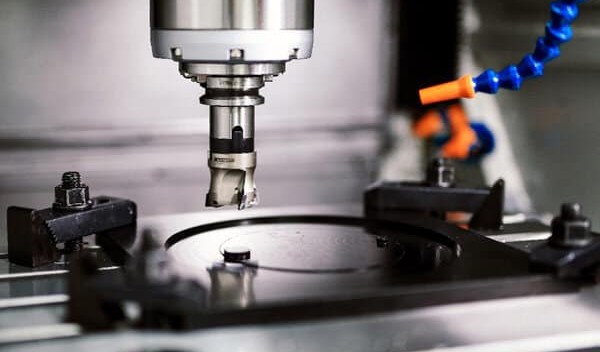
Titanium alloys, renowned for their lightweight properties and exceptional strength, play a pivotal role in industries such as aerospace, aviation, and healthcare. Recently, these alloys have surged in the consumer electronics sector, particularly in high-end smartphones, enhancing both design aesthetics and reducing device weight significantly. Despite their advantages, the machining of titanium alloys poses significant challenges that engineers and technicians must address.
Key Challenges in Titanium Alloy Machining
- Heat Concentration: Due to their low thermal conductivity, titanium alloys exhibit concentrated heat during cutting processes, leading to rapid tool wear, cracking, and surface integrity issues.
- Elastic Deformation: The relatively low elastic modulus of titanium alloys results in elastic deformation during machining, affecting dimensional accuracy and fatigue strength.
- Strong Affinity: Titanium alloys tend to form long continuous chips during turning and drilling, which can wrap around cutting tools, impeding their functionality.
- Vibration: The elasticity of titanium alloys contributes to vibrations during cutting, impacting cutting power and surface quality.

Effective Strategies to Address Titanium Alloy Machining Challenges
- Cooling Techniques: Utilize cooling fluids to reduce cutting temperatures or implement cryogenic machining using liquid nitrogen or CO2.
- Tool Selection: Choose appropriate cutting tools, maintain sharp cutting edges, and minimize cutting forces.
- Consistent Feed Rates or Increased Feed: Maintain a constant feed to reduce work hardening; consider increasing feed rates to lessen heat accumulation and work hardening opportunities.
- Lower Cutting Speeds: Control heat dissipation by operating at one-third or lower of the cutting speed for steel.
- Tool Change According to Process: Opt for hard steel tools for large-scale titanium alloy machining and high-speed hard alloy tools for small-scale operations.
- High-Rigidity Machine Tools: Invest in high-rigidity machine tools to absorb vibrations, reduce chatter during cutting, and enhance machining precision and surface quality.
- Regular Cleaning: Periodically clean machining equipment and tools to prevent chip accumulation, ensuring optimal machining performance.

By implementing these targeted strategies, manufacturers can effectively mitigate the challenges associated with machining titanium alloys, improving efficiency, precision, and overall machining quality.




